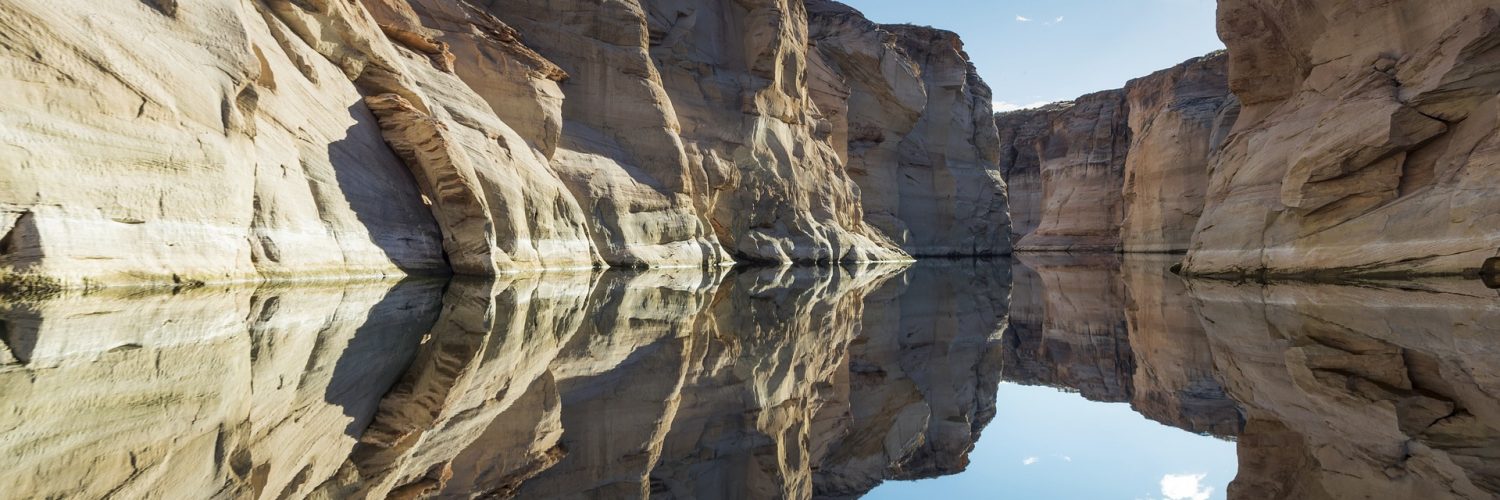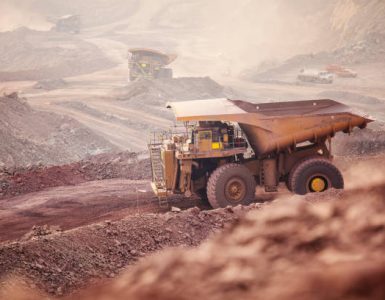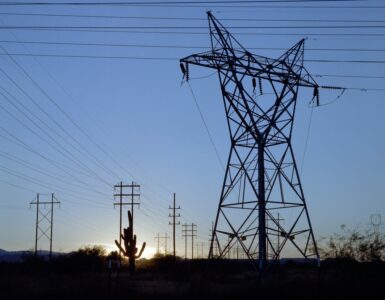Oh so close. A large steering committee of water stakeholders took another step forward to finalize Arizona’s part of a seven-state drought contingency plan for the dwindling Colorado River.
Arizona has been embroiled over several months as water interests jostle over who will be impacted if Lake Mead water levels continue to drop. There is more than a 50 percent chance Arizona will see its first official water shortage in 2020. When that happens, the drought contingency plan would kick in, reducing water allocations to users.
In a room packed with about 200 interested parties from across the state Thursday, a majority of steering committee members voiced support for a proposal that offers more than $100 million in funding to assist farmers and ranchers in central Arizona and compensate entities like tribes with high priority water rights for water exchanges and transfers to prevent Lake Mead from drying up.
Gov. Doug Ducey announced earlier in the day a plan to request $30 million from the state legislature to fund system conservation. The Walton Family Foundation also announced Thursday it will provide $8 million to assist the drought contingency plan (DCP). These are in addition to up to $90 million already pledged by the federal government and the Central Arizona Water Conservation District Board.
“The governor fully endorses this plan, the state supports this plan, and we want to move forward,” said Tom Buschatzke, the director of the Arizona Department of Water Resources, who has been adamant that he and most of the steering committee ensure Lake Mead stays vital.
Ted Cooke, general manager of the Central Arizona Project that diverts Colorado River water inland for water users, said he is optimistic that the committee will make their deadline to take a plan to the legislature for approval for the State to sign on to the DCP in January.
The plan contains two components, mitigation for low priority water users who face extinction under current drought contingency plans, and shoring up water supplies to offset water taken from Lake Mead.
While there was broad support for the proposal, committee members representing central Arizona farmers bemoaned the fact they will be harmed when supplies are cut. Pinal County agriculture will have to fallow about 40 percent of farmland under the proposal. Developer mitigation also is not addressed in the plan, home builder and developer groups said.
Gov. Stephen Roe Lewis of the Gila River Indian Community, however, stated that he will do everything he can to get a deal approved which would provide water supplies for groundwater replenishment to central Arizona developers for decades to come. A 25-year, $97.5 million deal would allow home builders and developer to lease water from the tribe. The lease plan is waiting for approval from the tribal council.
Lewis said his community supports the new DCP plan because it avoids “touching the many third rails” referring to draining Lake Mead. Roe also said that the tribe has agreed to give up its federal funding to help Pinal County transition to state of the art groundwater pumping systems.
Meanwhile, everyone is heading back to the drawing board to negotiate and fine tune the remaining issues of contention.
Faced with dwindling Colorado River supplies, time is of the essence. The southwest region is suffering from a 19 year drought, the worst in recorded history.
The most controversial issue throughout the months-long process has been concern over pulling water out of Lake Mead, the state’s largest “storage tank” for the Colorado River.
For months, a statewide committee of water interests charged with finalizing Arizona’s part of a multi-state DCP has been squabbling over how to mitigate impending shortages among water users. Even senior ranking water users like Gila River will see significant cuts in water supplies if shortages escalate.
Arizona is supposed to finalize its part of the multi-state DCP before December to take it to the state legislature and then to the federal government for approval.
After cancelled meetings and stalled proposals, Gov. Doug Ducey, former Gov. Bruce Babbitt, and several state legislators have goaded the steering committee publicly to move forward.
But several steering committee members said Thursday that Arizona has a long history of water negotiations.
“A good plan is worth the time to put it together. The DCP is critical,” said steering committee member and state House Speaker-elect Rusty Bowers, who has decades of experience brokering water deals in Arizona.
















Add comment